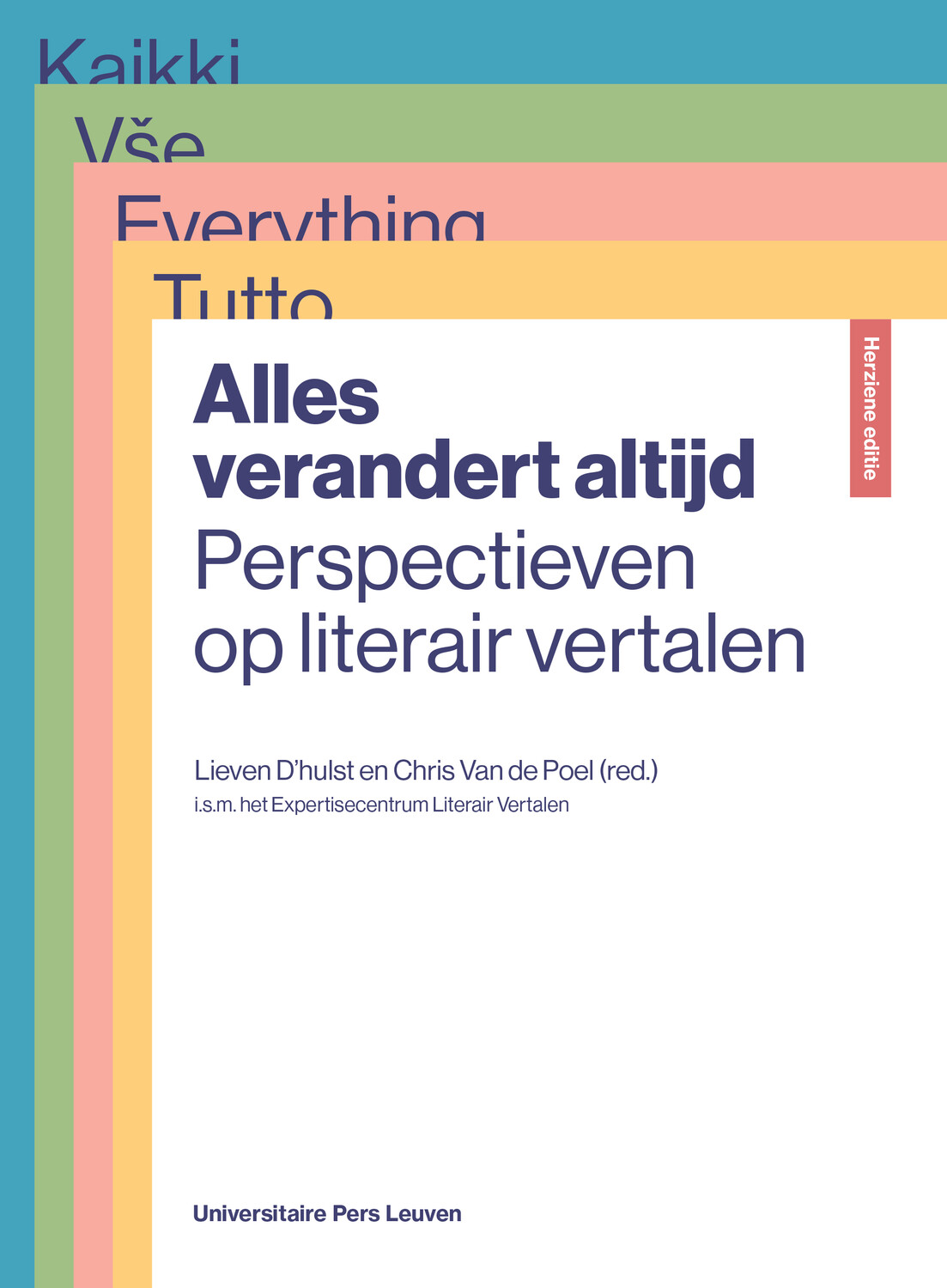
"Especially nowadays it is important to study the complicated equilibrium of a European small state that often involved political negotiations and the influence a local elite maintained to a large extent."
In War, State, and Society in Liège Roeland Goorts offers the reader insight into how Liège politically protected its powerful institutions and how the local elite tried to influence the interplay between domestic and external diplomatic relationships. A short Q&A with Roeland Goorts.
Can you briefly and concisely explain in common language what your book is about?
This book gives an insight into the trappings and functioning of a small state. The Prince-Bishopric of Liège had the largest Chapter in the Holy Roman Empire. The country had been neutral since the end of the fifteenth century. During the Nine Years’ War (1688-1697) its government is finally forced to actively participate in coalition warfare. How the government faced this financial, economic and social challenge is studied in this publication.
What or who inspired you to choose this topic?
Military and political history always interested me and as an inhabitant of Limburg, I had opted to write my MA thesis on troop movements in Loon during the age of the first Duke of Marlborough and Louis XIV.
My PhD promotors thought it would be fascinating to study the concept of a neutral small state that suddenly was confronted by participating in a war. Liège proved to be a worthwhile case study of this unique concept. Due to their forced participation in the Nine Years’ War, consequences such as raising a standing army, financing contributions and sending diplomatic envoys to plead at foreign courts, suddenly proved to be of the utmost importance for this small Prince-Bishopric.
Do you have any reading suggestions to share (books, blogs, journals, ...) for anyone who wants to know more about the subject?
Mainly the archives in Liège (AEL) and the library of the Grand Curtius museum are of particular interest.
How did the writing process for this book go? Did you experience anything surprising, amusing or strange?
I was particularly intrigued by the Catholic/German/independent identities of the local people and how they opposed wandering troops during wars in the seventeenth century (e.g. the so-called Marlbroeck burnings, although he was an allied officer at the time).
What would you like the readers to remember from your book?
The reader will be confronted with various aspects of 17th century policies and the impact of warfare upon the local population. Especially nowadays it is important to study the complicated equilibrium of a European small state that often involved political negotiations and the influence a local elite maintained to a large extent.
Do you have any plans yet for a next publication? What will it be about?
My next plan will involve the Liégeois-Burgundian relations that cumulated into the so-called Battle of Brustem of 1467, which did lead to Liège’s particular neutrality. I also plan to extend my research on the interactions between soldiers and civilians in the 17th century and its influence on the Catholic/Protestant identity, especially during Liégeois participation in the War of the Spanish Succession. Luckily, the small state Liège proves to be a very interesting case study for any military or political historian.
 War, State, and Society in Liège
War, State, and Society in Liège
How a Small State of the Holy Roman Empire survived the Nine Year's War (1688-1697)
Roeland Goorts
Avisos de Flandes 17









































